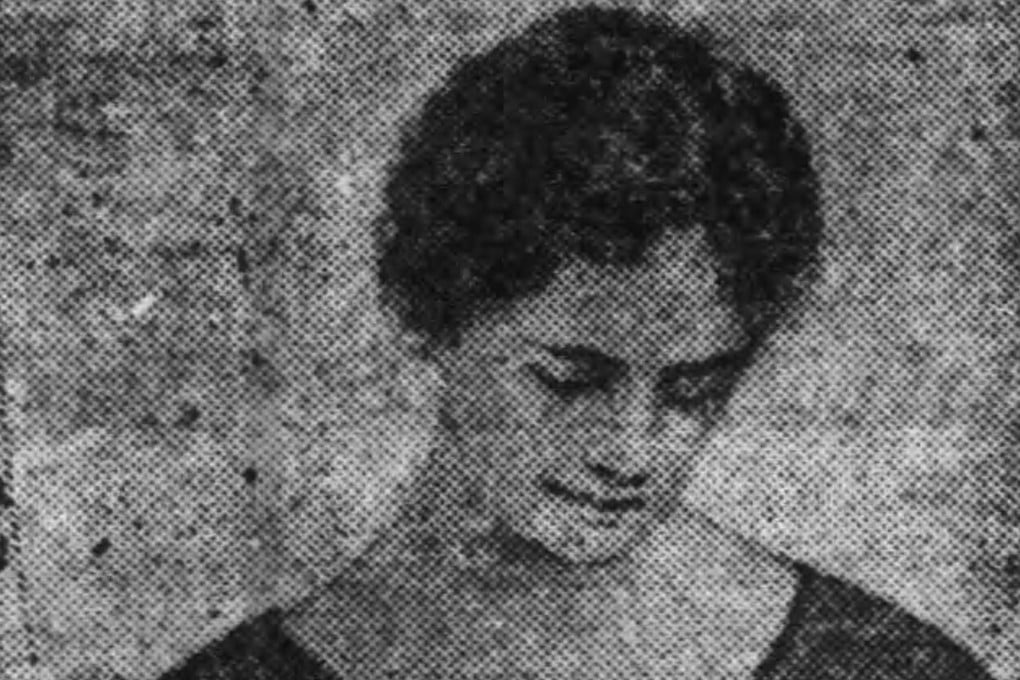Sex, violence, suicide: love triangle scandal in 1920s Beijing that stained Italy’s reputation in China
- A diplomatic love triangle ignited an international incident that embarrassed not just the Italian nobility but the country as a whole

By the early 1920s, the Beijing Legation Quarter was enjoying a period of relative calm. Behind the precautionary iron gates and the high Tartar Wall, the quarter’s privileged denizens in their embassies, banks, offices, hotels, clubs and residences were slowly forgetting the terror of the Boxer rebellion that had threatened their very existence two decades earlier.
Diplomatically there wasn’t much happening. The Republican government was hopelessly divided. It was hard to know which side to negotiate with, so the diplomatic corps mostly sat back and reported home on which clique appeared to have the upper hand.
They played polo, hosted elaborate dinner parties, enjoyed weekend picnics in the deserted temples of the nearby Western Hills, and Alexis Leger, a secretary at the French Legation, noted in his journal that “a delightful immorality reigns here”.
Ann Bridge, the English author and diplomat’s wife, arrived in the 1920s and wrote in Peking Picnic (1932), her gossipy novel of the foreign colony, that “half the people are having liaisons and the other half pretending to”.
The marchese, or marquis, Carlo Durazzo, was appointed Italian ambassador to China after a successful posting as an attaché in Washington, in the United States. A handsome, perfectly mannered professional diplomat of 42, Durazzo was a popular and social man.
Stella Benson, the English novelist and wife of a Chinese Maritime Customs officer, recalled him as “pleasant, but rather too polite to be interesting”.
